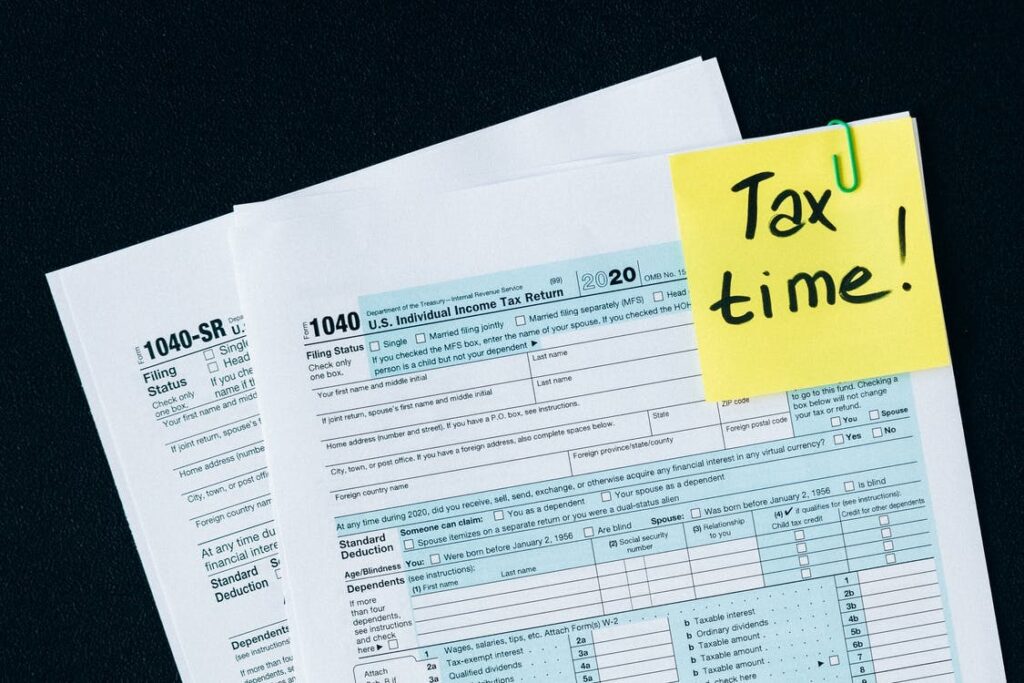Table of Contents
Electing to become an S corporation is exciting. You’ll, hopefully, save a lot of money on your taxes, and you can even leverage dividends to your advantage. For a lot of private practices and businesses, it makes sense to elect as an S corporation.
The one downside?
You’ll be adding a bit of complexity to your business. As an owner, you’ve probably worn many hats, which include everything from marketing to doing your own taxes. But with an S Corporation, taxes are more complicated because you’ll have to:
- File Form 1120-S
- Record a Schedule K-1
- File a Schedule E on individual tax returns
When you add multiple filing requirements to your taxes, it’s far more complex than running your revenue and expenses through TurboTax. You can certainly do all of the taxes on your own, but it’s not recommended.
Understanding Form 1120-S
Form 1120-S has numerous sections and is filed for the entity itself – your business. You can’t simply attach this form to your 1040, so it is a bit more complex than if you file your PLLC taxes.
The sections of an 1120-S include:
Schedule K
Shareholder’s Basis, or your Schedule K, is very complex and governs the entity to own property. Lawsuits can be filed against your S Corp, and since the property is owned by the S Corp, it also keeps shareholder liability to a minimum.
A shareholder holds equity in the business, and everything in Schedule K has to do with the Shareholder Basis.
There is:
- Debt basis
- Stock basis
Let’s assume that your business owns the property and that you took this property out of the business. The basis will then go down. Losses can also cause a basis to fall.
If your business must take out a loan to purchase property, a debt basis is added to the equation.
Deductions for basis are also complicated because if passive income is earned, you may not be able to deduct certain losses. You may assume that shareholders can deduct business losses on their income tax, but the shareholder must also have a sufficient basis to deduct certain losses.
If your head is spinning, you’re not alone – a Schedule K is complicated.
Shareholder basis is very complex, and while you can certainly take the time and resources to understand it enough to do your taxes, it’s one of the main reasons to hire an accountant or consider accounting advisory services.
Schedules L
Finally think that you have a decent understanding of Schedule K? There are three more to fill in starting with Schedule L. The Schedule L is actually pretty simple and only include listing your:
- Equity
- Assets
- Liabilities
These three essentials are listed on your balance sheet and can be copied directly over to a Schedule L.
Schedule M-1
An M-1 is a bit more complicated because it involves reconciling your books. Business expenses may or may not be deductible. You’ll need to keep on top of changes to what can and can’t be deducted. For example, depreciation expenses can often vary from the line item on your books.
And it’s not just the expenses that can be difficult. Certain types of income may not be counted for tax purposes.
Schedule M-2
If you’ve come this far, you’ll end up having to do your M-2. An M-2 involves calculating how much money the business has that hasn’t been earmarked for specific uses yet. This is a rather complex section of your 1120-S.
Schedule E
Now, when you’re doing your own personal tax returns, you’ll also need to fill out a Schedule E. Income from the S Corp paid to a shareholder is often reported on this form.
If you receive dividends, you will also have to report this on your Schedule B.
You can see that there are a lot of moving parts when it comes to an S Corp’s taxes, and while you might be able to do these taxes on your own, they’re complicated. We recommend that when you elect to become an S Corp, you consider hiring a tax professional.
5 Reasons We Don’t Recommend Doing Your S Corporation Taxes on Your Own
You’ve grown your business and saving money by doing tasks yourself has been a cornerstone of your business. When you’ve plugged your data into tax software for years with success, you might be wondering “why shouldn’t I do my S Corp taxes on my own?”

There are quite a few reasons:
- S corporation taxes are complex. The basics listed above are just the beginning of what you’ll have to do to file your tax returns. Hiring a tax professional with experience helping S corporations file taxes will allow you peace of mind that your taxes are accurate.
- Tax laws are always changing. You started an S Corp to save money on taxes, and if you don’t take all of the available deductions or make a mistake, you’ll be missing out on these key tax benefits.
- Mistakes on your taxes can come with fines and penalties. If you’re hit with an audit, this will be a major, time-consuming hassle that no business owner should handle on their own.
- Your bandwidth is limited. An S Corp needs to keep on top of their monthly profits and losses, and this additional work is very time-consuming. Your efforts are better spent on growing your business rather than trying to handle accounting tasks.
- Shareholder basis is complex, and an accountant can help you make sense of the basis and how it impacts your taxes.
You can outsource a lot of business tasks, and one of the first things that you hire someone else to do should be your accounting. S Corps have strict guidelines that need to be followed, and as your entity grows, your taxes will only increase in complexity.
Tax planning as your business grows should involve bringing in a professional to help you do your taxes so that they’re only done correctly, but so that you’re maximizing tax savings when they’re done. Unless you’re a tax professional, it can be difficult to stay current on tax law.
If you’re tired of trying to figure out your S corporations taxes, contact us to schedule a free consultation.







